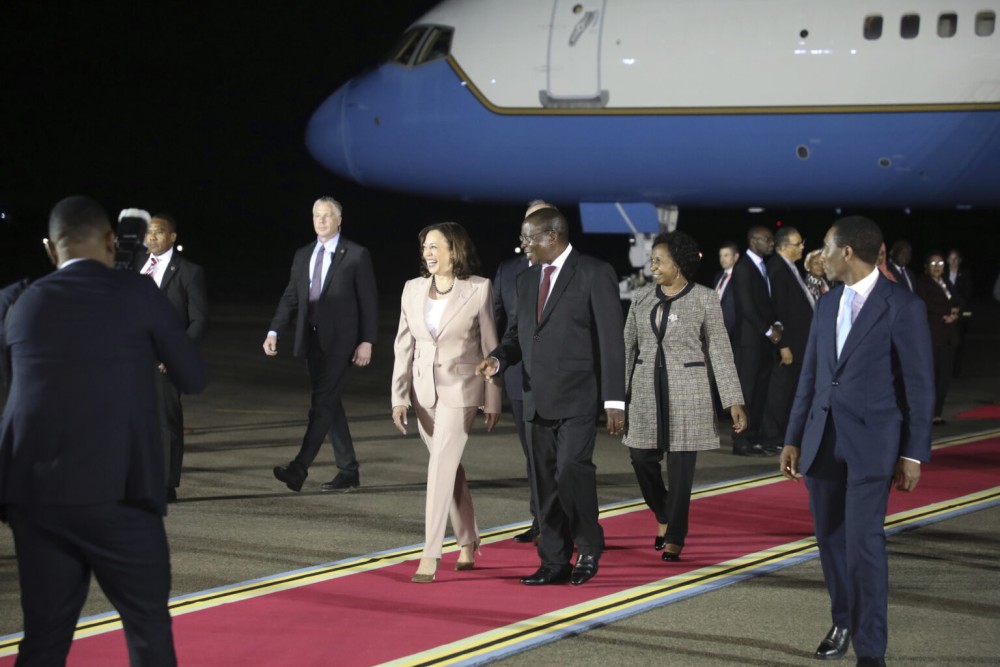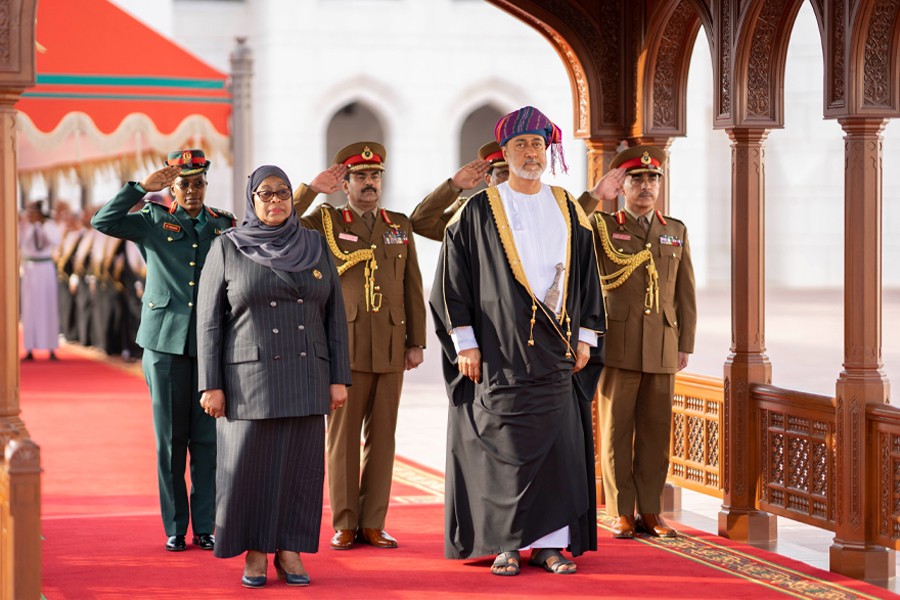When the United Nations Security Council called for a vote in April 2022 to suspend Russia from the Human Rights Council for its unjustified expansionist invasion of Ukraine, Tanzania was among the 58 countries that abstained.
This didn’t come as a surprise to most observers. For the longest time, Tanzania has avoided taking sides in major geo-political crises. A glance at the historical background of Tanzania’s foreign policy is instructive.
In his famous speech at the TANU bi-annual conference on Tanzanian foreign policy on October 16, 1967, President Julius Nyerere said;
“We have no desire to be, and no intention of being, “anti-west”: in our foreign policies… We shall neither move from particular quarrels with individual countries to a generalized hostility to members of a particular group nor to automatic support for those who also happen to be, for their reasons, quarreling with the same nations.”
Tanzania’s foreign policy balances isolationism and influence
Tanzania’s non-alignment foreign policy draws its foundation as much from Nyerere’s philosophy and politics as from this speech. It has helped the country keep off “unnecessary confrontations” with other countries and concentrate on solving its problems.
However, it has contributed to Tanzania’s perceived slow growth in the larger scheme. Abstaining from active participation in geo-political developments and solving crises has effectively robbed Tanzania of its political voice. Solid bilateral engagements between countries rely not only on shared interests but also on shared friendships.
How long a country goes with another regarding the history of friendship and engagement is fundamental in shaping their current and future bilateral partnerships. The trouble with Tanzania’s foreign policy stems mainly from its historical isolationism on the global stage. In other words, Tanzania didn’t spend most of its early days making firm friends, and the consequences have eaten into its political voice.
The political leadership in Tanzania, just like in any democracy, draws its legitimacy from the consent of Tanzanians. One of the principles of liberal representative democracy dictates that those who govern should make decisions or formulate policies that speak to the aspirations of the governed.
Balancing Geo-Economic Interests and Regional Responsibilities
When an autocratic country like Russia violates expectations of common decency and international law by invading another (sovereign) country, all countries that operate (even theoretically) as modern liberal democracies have a responsibility to condemn such a country and participate in actions designed to achieve some retribution. In a strict sense, Tanzania’s decision to abstain from taking a vote against Russia at the UN Security Council undermined the principles of modern representative democracy.
The conflict in the eastern Democratic Republic of Congo (DRC) has claimed the lives of tens of thousands of people and displaced more than 500,000 others. Understood as a proxy war between DRC and Rwanda, other members of the East Africa Community (EAC), including Kenya and Uganda, have since joined the fighting, supposedly to restore peace and stability. Tanzania has minded mainly its business since the war broke out in March last year, watching from a safe remove as neighbors take up arms against each other. Again, this hasn’t come as a surprise.
As an essential member of the EAC block, Tanzania ought to do better than fence-sit. While the decision by other members of the EAC (Rwanda, Kenya, and Uganda) to join the war in Congo may not have primarily been driven by a shared desire to restore regional stability, a collective show of commitment to save what is left of DRC is critical for the success of EAC as an economic block.
Tanzania is East Africa’s most populous country (its population is expected to surpass 135 million people by 2050), with a GDP per capita of at least $2,600. The success of EAC as an economic block relies heavily on Tanzania’s active participation in quelling threats to the same, the war in eastern DRC being one of them.
That being said, today, Tanzania is finding itself in a tricky position in which it must find a way of balancing the growing geo-economic interests of the U.S., China, and Russia. The paradigm shift in Tanzania’s foreign policy under President Samia Suluhu’s regime is informed by this reality. Regarding international engagements, Tanzania has spent the better part of the last decade in the cold, thanks to President John Magufuli’s self-styled approach to geopolitics.
Since assuming office in March 2021, President Samia Suluhu has pursued a different foreign policy from her predecessor’s. For instance, during her visit to the U.S. last year, she expressed Tanzania’s renewed interest in building better strategic partnerships and economic ties with the U.S., particularly the West.
Vice President Kamala Harris’ visit to Tanzania in March strengthened this position seeing as Washington has expressed deep reservations in recent years on some of Tanzania’s policies, especially under Magufuli’s regime. Announcing a deal worth at least $500 million during the said visit, Harris was quoted as saying.
“Our shared goal is to increase economic investment in Tanzania and strengthen our economic ties.”

The renewed friendship between Washington and Dar es Salaam hasn’t come as a surprise. Cut from a different cloth, Suluhu has chosen to do things differently. She is more progressive than her predecessor by far. Instead of jailing and hounding critics into exile as Magufuli did, she has made amends with the opposition. She has expressed her commitment to protecting human rights, including political beliefs.
Essential players on the global stage like to see stuff like this. You must let journalists and opposition leaders do their thing peacefully if you want foreign investors to start thinking of your country as a potential destination.
Of course, it’s naive to interpret the engagement between Africa and the major geo-political players on the global stage, to paraphrase Niccolo Machiavelli in Discourses on Livy, as though the heaven, the sun, the elements, and men have changed the order of their motions and power and are different from what they were in the previous decades.
Read more Political articles here.


[…] Read Tanzania’s Foreign Policy Acts on Navigating Geo-Political Dynamics […]